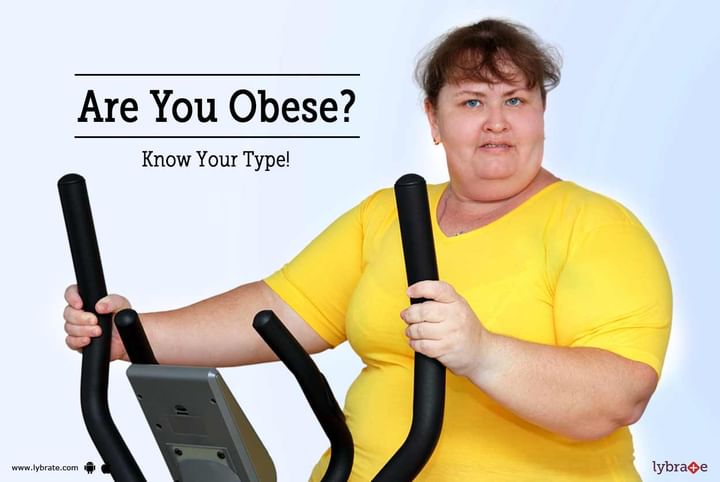Are You Obese? Know Your Type!
An excess amount of fat present in the human body can lead to a chronic condition called obesity. If the amount of fat, which is used to perform multiple functions in the human body, is found in excess (more than 25% in males and 30% in females), it leads to obesity. Besides being a cosmetic concern, obesity is a chronic disease that can lead to other serious ailments such as diabetes, heart disease, high blood pressure, gallstones and other similar illnesses. It has a higher rate of relapse rate and is difficult to treat.
Causes
- Consumption of more calories than the person burns through various activities throughout the day is the primary cause. Overeating, especially in diets having a majority of fats, is a major cause of obesity.
- Obesity can be a result of certain medical conditions such as Cushing’s syndrome (a disorder that develops due to an increased exposure to immense amounts of “cortisol” over an extended period of time), Prader-Willi Syndrome (a birth disorder), hypothyroidism (underactive thyroid gland), polycystic ovary syndrome (enlarged ovaries characterized by tiny cysts on the outside) and other diseases.
- Hormonal disorders and genetics may also contribute to obesity. It is observed that the likelihood of being obese increases if the parents are obese. Hormones that facilitate fat regulation in the body are affected by genetics.
- Lifestyle choices such as inactive, sedentary lifestyle and consuming an excess amount of fast foods such as high calorie beverages.
- Psychological factors do have a role to play in people being obese. Many people overeat as a response to emotions such as stress, sadness, boredom or anger.
Symptoms
A person is generally considered to be obese if his/her BMI (Body Mass Index) is above 30.
1. A person whose BMI is in the range of 30 to 35 is classified under “Type I obese”.
2. A person in the BMI range of 35 to 39 falls under the category of “Type II obesity”.
3. If the BMI of a person is above 40, he/she is considered to be extremely obese.
BMI is usually a reliable method to find out if a person is obese, but in certain instances such as that of a professional bodybuilder, BMI could prove to be inaccurate. Without treatment, obesity can lead to serious health conditions such as:
1. Gallstones
2. Osteoarthritis
3. Sleep Apnea
4. Heart Disease
5. Stroke
6. Obesity Hypoventilation Syndrome (characterized by the inability to breathe long or deep enough)
7. Reproductive problems. If you wish to discuss about any specific problem, you can consult a General Physician.



+1.svg)
